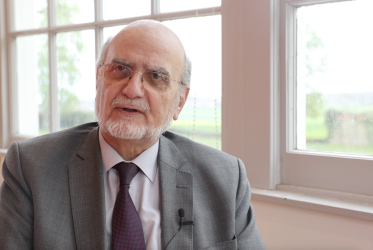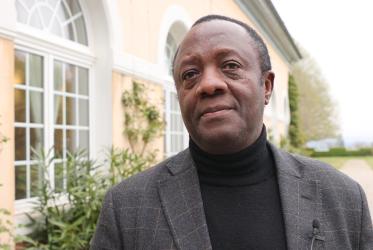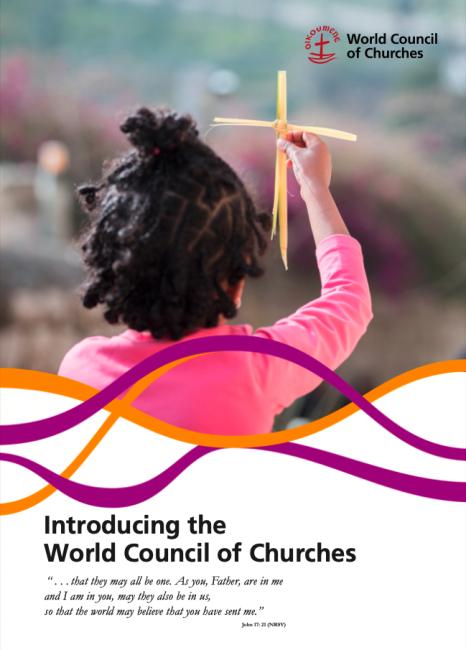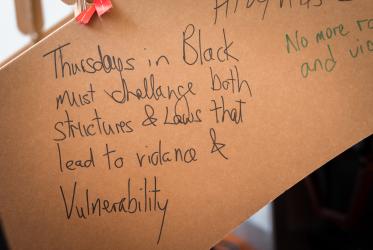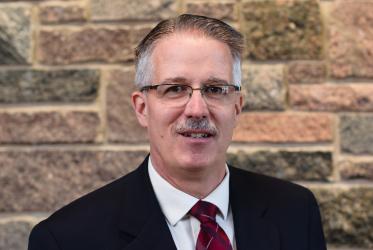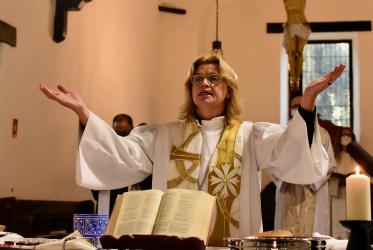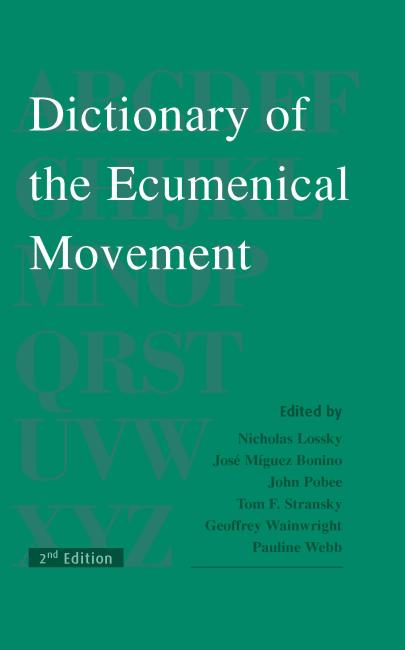Mostrando 61 - 80 de 370
Introducing the World Council of Churches
21 Abril 2023
The Future of Mission Cooperation
The Living Legacy of the International Missionary Council
24 Marzo 2023
Zur Verwandlung aufgerufen Ökumenische Diakonie
15 Febrero 2023
Redes de la sociedad civil en VIH y SIDA y actores religiosos
Lecciones aprendidas del involucramiento estratégico en la India, República Dominicana, Indonesia y Jamaica
07 Febrero 2023
HIV and AIDS Civil Society Networks and the Faith Sector
Lessons Learnt from Strategic Engagement in India, Dominican Republic, Indonesia, and Jamaica
31 Enero 2023
In Chile, “Churches’ ministry of reconciliation is key”
29 Noviembre 2022
Dictionary of the Ecumenical Movement (2nd Edition)
28 Noviembre 2022
Towards a Global Vision of the Church Volume I
Explorations on Global Christianity and Ecclesiology, Faith and Order Paper 234
14 Noviembre 2022
